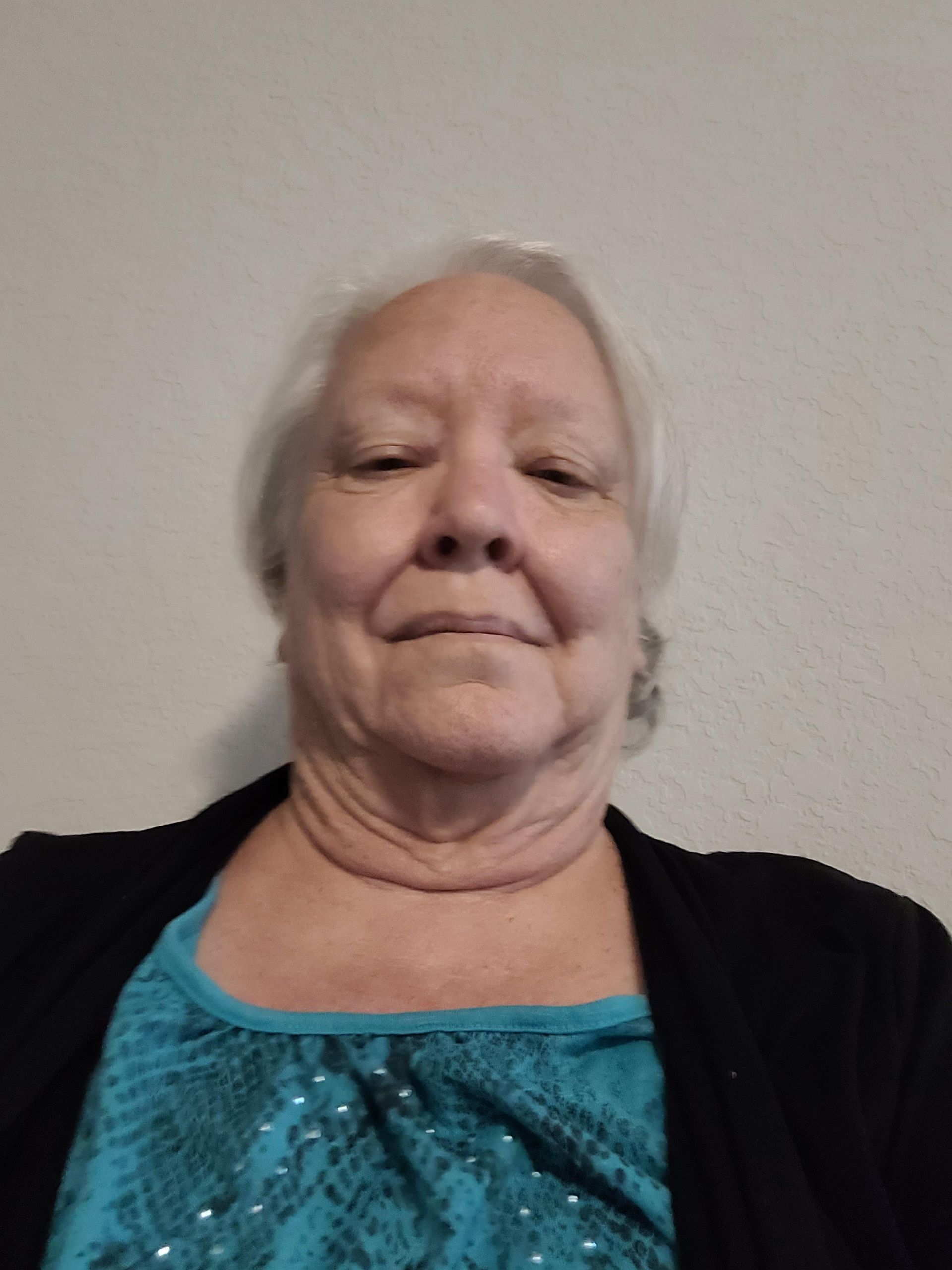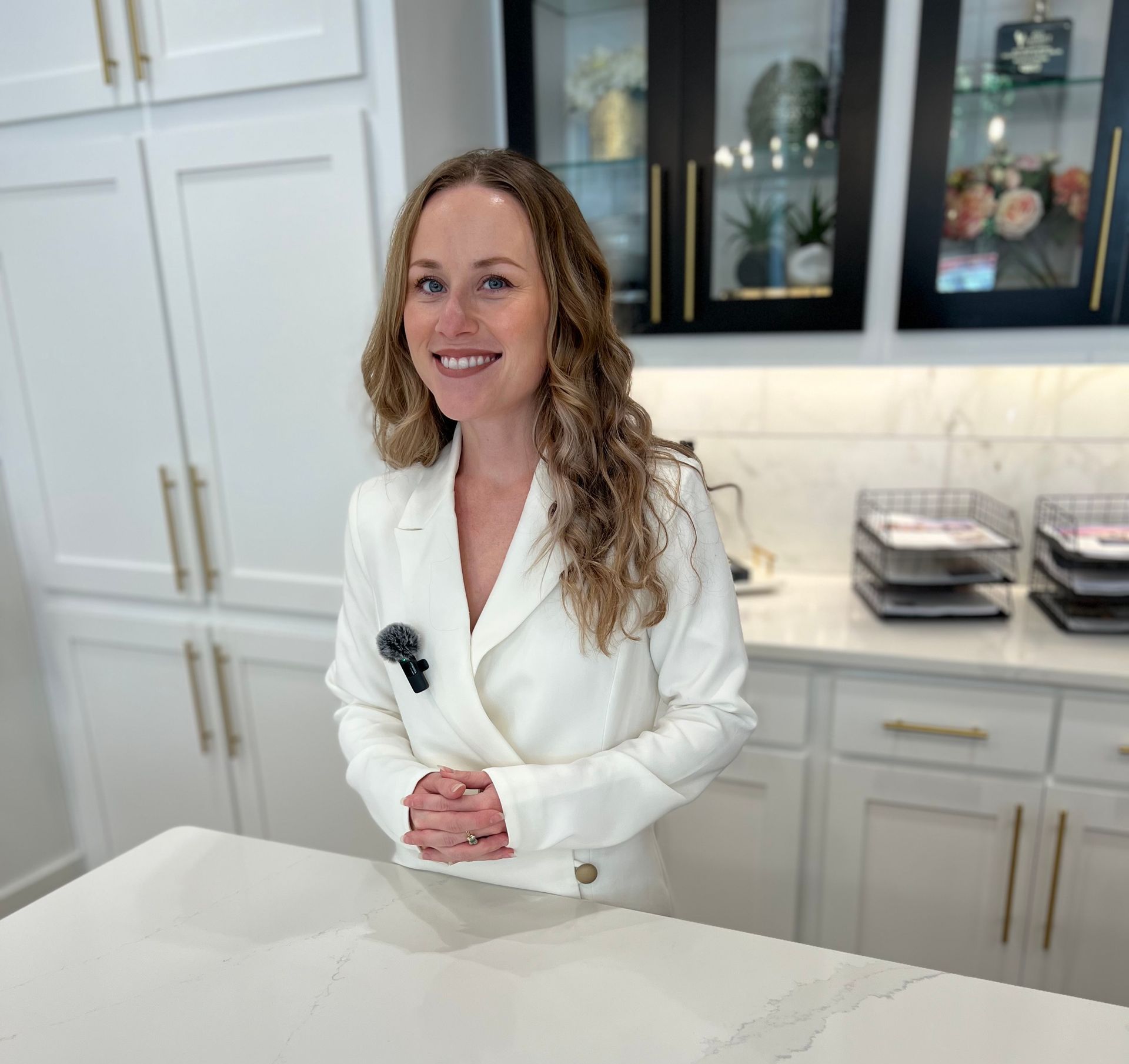By bfines
•
April 25, 2025
A Message from Child Advocates San Antonio on National CASA/GAL Funding Termination On April 24, 2025, the National CASA/GAL Association announced that its federal funding through the U.S. Department of Justice has been terminated. As a result, National CASA is suspending subaward disbursements, training programs, and technical assistance. The organization is actively appealing the decision and assessing what services it can continue to provide during this transition. Info from National CASA can be found here. We understand that this announcement may raise concerns in the community, and we want to provide reassurance and clarity regarding how this news affects Child Advocates San Antonio. First and foremost: There is no impact to our organization or our services. We are fully operational and remain committed to serving the children and families in our community with the same excellence, integrity, compassion, and commitment we have always shown. Here are key facts we want our supporters and the public to know: Our funding remains secure. Child Advocates San Antonio has a diverse and stable funding base that includes a healthy mix of public and private funding. No one funding stream exceeds 50% of our budget. You can access our recent financials HERE. Our stability comes from strong state support and our dedicated Bexar County community, which keeps Child Advocates San Antonio resilient and focused on serving children. We do not receive subawards from National CASA. The suspension of subaward disbursements has no bearing on our funding or ability to operate. Our training programs continue without interruption. Our comprehensive and high-quality Advocate training programs are fully intact. We do not require technical assistance from National CASA. Our team is experienced, well-resourced, and prepared to continue all programming. No cuts, no hiring freezes, no changes to our operations. We remain fully staffed and actively engaged in our mission to advocate for children in foster care. Our commitment to advocating for children in foster care is unwavering, and our services continue as usual. We want to be clear: Child Advocates San Antonio is strong, stable, and here to stay. CASA programs in Texas are strong, independent, and fully committed to children in foster care. While we’re aware of the situation with National CASA/GAL, it doesn’t impact the critical advocacy happening here. Our commitment is clear: we will stand with the children we serve—until they are safe, their voices are heard, and their futures are secure. Our focus, as always, is on advocating for the best interests of children and ensuring they have a voice in court. Public support at all levels, including individuals, ensures we remain strong, regardless of national developments. No matter what, our mission stays the same – every child deserves to be safe, cared for, and have their voice heard. CASA’s mission is as important as ever— children in foster care need advocates who will stand by them. Start your Advocate Journey today!









